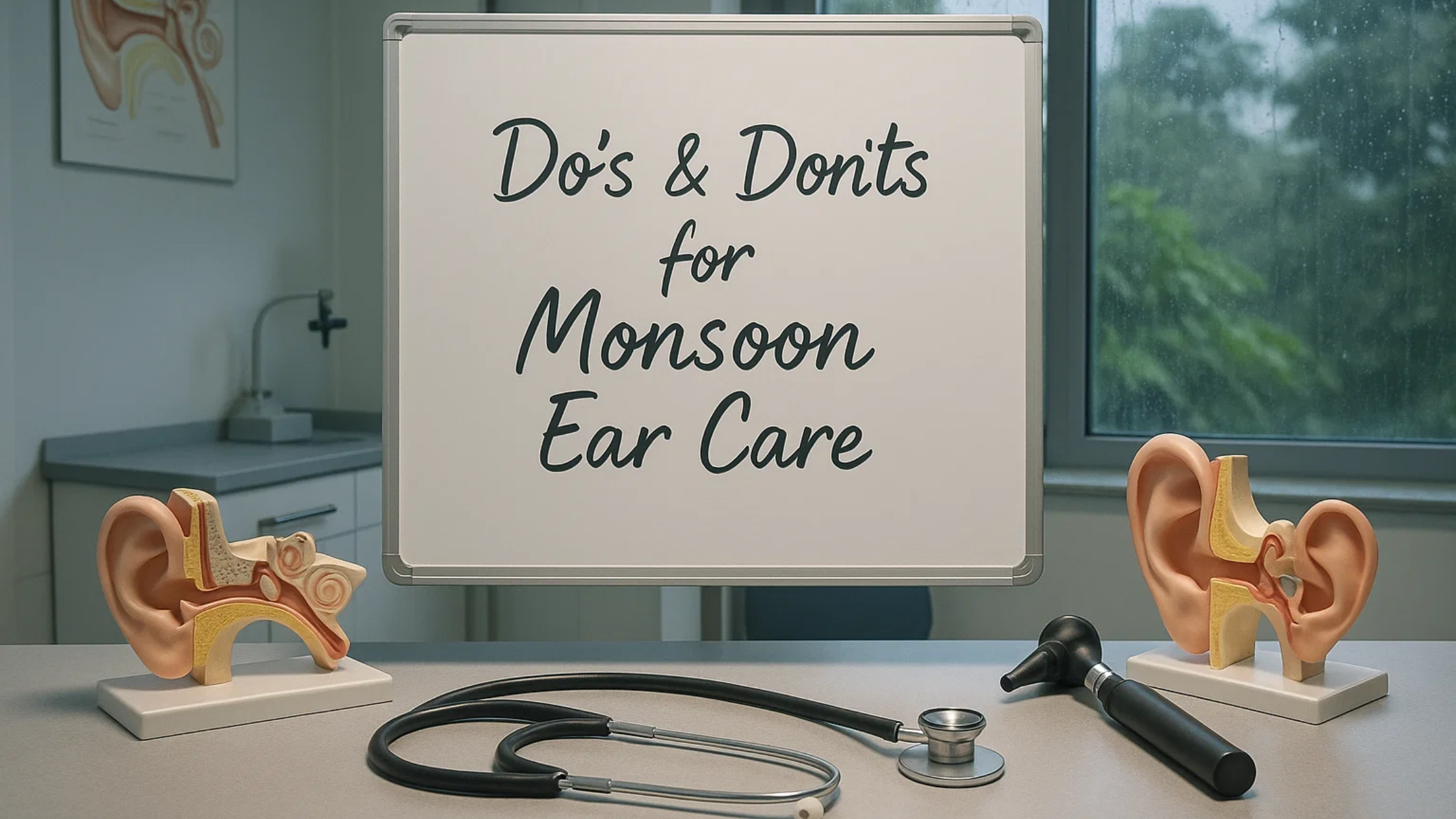How to Protect Your Throat in Cold Weather
Winter often triggers throat discomfort such as soreness, dryness, irritation, and frequent infections. As the temperature drops, the air becomes drier, causing throat tissues to lose moisture quickly. This dryness can lead to a scratchy or painful feeling — even while speaking or swallowing.
Understanding how to Protect Your Throat in Cold Weather is essential because cold, dry air and seasonal viruses make the throat more vulnerable during winter. With simple daily care and preventive habits, you can reduce irritation, avoid infections, and maintain a clear, comfortable voice throughout the season.
Why Cold Weather Affects the Throat
Cold air is naturally dry, and when we breathe it in, it reduces the moisture level in the throat. The throat lining becomes dehydrated, leading to irritation and discomfort.
Additionally:
- Indoor heating lowers humidity, causing further dryness.
- Pollution and dust in the winter air act as irritants.
- Seasonal viruses spread easily when immunity dips in cold weather.
- Sinus congestion can cause post-nasal drip, irritating the throat.
In short, winter conditions challenge the natural protective layer of the throat, making infections and inflammation more common.
Common Throat Problems in Winter
Cold weather can trigger several throat-related issues due to dry air, reduced immunity, and exposure to seasonal infections. Understanding these common problems can help you take early steps to manage discomfort and protect your throat health.
1. Sore Throat
Often caused by viral infections or exposure to dry, cold air. It may start with pain — especially while swallowing — and can be accompanied by mild fever, body ache, or swollen glands. Most sore throats settle with rest, warm fluids, and soothing remedies, but persistent discomfort may need medical care.
2. Dry and Itchy Throat
Low humidity and dehydration are key triggers. Talking may feel difficult, and dryness may worsen at night or in heated indoor environments. Increasing room humidity and drinking warm fluids regularly offer relief and prevent irritation.
3. Hoarseness or Voice Strain
Cold air and overuse of the voice strain the vocal cords, leading to temporary voice changes. Those who speak frequently — teachers, singers, public speakers — may experience this more. Voice rest, steam inhalation, and adequate hydration help the vocal cords recover quickly.
4. Throat Allergies
Dust, pollen, and cold-weather sinus congestion may cause persistent irritation, coughing, or throat clearing. Allergies often flare up in winter due to indoor pollutants and low ventilation. Identifying triggers and using prescribed allergy medication can prevent recurring throat irritation.
Winter may also cause post-nasal drip, where excess mucus drips from the nose to the throat, irritating tissues and triggering coughing or sore throat sensations. People with sinusitis or allergic rhinitis are more prone to this.
Recognizing symptoms early and using gentle home care — like warm drinks, salt-water gargles, steam inhalation, and rest — can prevent these issues from worsening and help you stay comfortable throughout the season.
Expert Tips to Protect Your Throat in Cold Weather
| Tip | Details |
|---|---|
| Stay Hydrated | Drink warm water throughout the day. Herbal teas can also soothe and maintain throat moisture. |
| Use a Humidifier | Running a humidifier at home restores moisture in the air and prevents throat dryness, especially at night. |
| Gargle with Salt Water | A warm salt-water gargle reduces inflammation and flushes out irritants and microbes. |
| Dress Warmly | Cover your neck and mouth with a scarf when outside. Warm air entering your throat reduces irritation. |
| Avoid Sudden Temperature Swings | Moving quickly between heated indoor spaces and cold outdoor air can shock the throat. Adjust gradually when possible. |
| Avoid Smoking and Limit Alcohol | Both reduce natural moisture and inflame throat tissues, increasing the risk of soreness and infection. |
| Boost Immunity with Diet | Include ginger, turmeric, honey, tulsi, citrus fruits, and warm soups to improve natural defense. |
Home Remedies for Soothing a Sore Throat
- Honey with warm water helps coat and soothe the throat. It can also calm nighttime cough and offer quick comfort.
- Steam inhalation loosens mucus, eases dryness, and helps clear nasal passages, especially during cold weather.
- Ginger, tulsi, cinnamon, or chamomile teas reduce inflammation and keep the throat warm and relaxed. Herbal drinks also support immunity during winter.
- Warm soups, turmeric milk, and soft foods feel gentle on the throat, while avoiding very spicy, oily, or icy foods prevents irritation.
- Staying hydrated and sipping warm liquids throughout the day keeps the throat moist and speeds recovery.
- These remedies work best when done consistently rather than occasionally.
When to Consult a Doctor
Seek medical attention if you experience any of the following warning signs:
Sore throat lasting longer than 7 days
Difficulty swallowing, speaking, or breathing
Recurring throat infections
Severe pain or visible swelling in the neck
Persistent hoarseness or voice changes
If you also notice high fever, pus on the tonsils, ear pain, blood in mucus, or extreme fatigue along with throat discomfort, do not ignore the symptoms. These may indicate more serious conditions such as tonsillitis, sinus infection, laryngitis, strep throat, or vocal cord strain.
Early consultation ensures proper diagnosis and prevents complications such as tonsillitis, sinus infection, or vocal cord strain. Timely medical evaluation is especially important for children, older adults, and individuals with asthma, allergies, or low immunity.
👉 Schedule a consultation if you notice any of these signs to protect your throat health and avoid long-term issues.
Preventive Lifestyle Habits
Taking proactive care during cold weather helps the throat stay strong against infections and irritation. Winter often lowers immunity and increases exposure to viruses, so consistent habits can protect your throat and overall wellness.
Maintain regular oral and throat hygiene
Avoid sharing bottles, glasses, or cutlery during cold & flu season
Get enough sleep to support immunity
Manage stress through deep breathing or light exercise
If prone to winter throat issues, schedule regular ENT check-ups
Small daily habits play a big role in keeping your throat healthy throughout the season.
Stay Protected This Winter
Winter throat issues are common, but with the right care, they can be easily prevented and treated. Keeping yourself warm, staying hydrated, and following good hygiene practices can help protect your throat throughout the season.
If symptoms don’t improve or keep coming back, it’s best to consult a specialist. ENT FOR ALL, led by Dr. Sushant Joshi, provides expert care for throat and voice concerns to ensure quick relief and long-term comfort.
Stay healthy and take care of your throat this winter — a little care goes a long way.
















